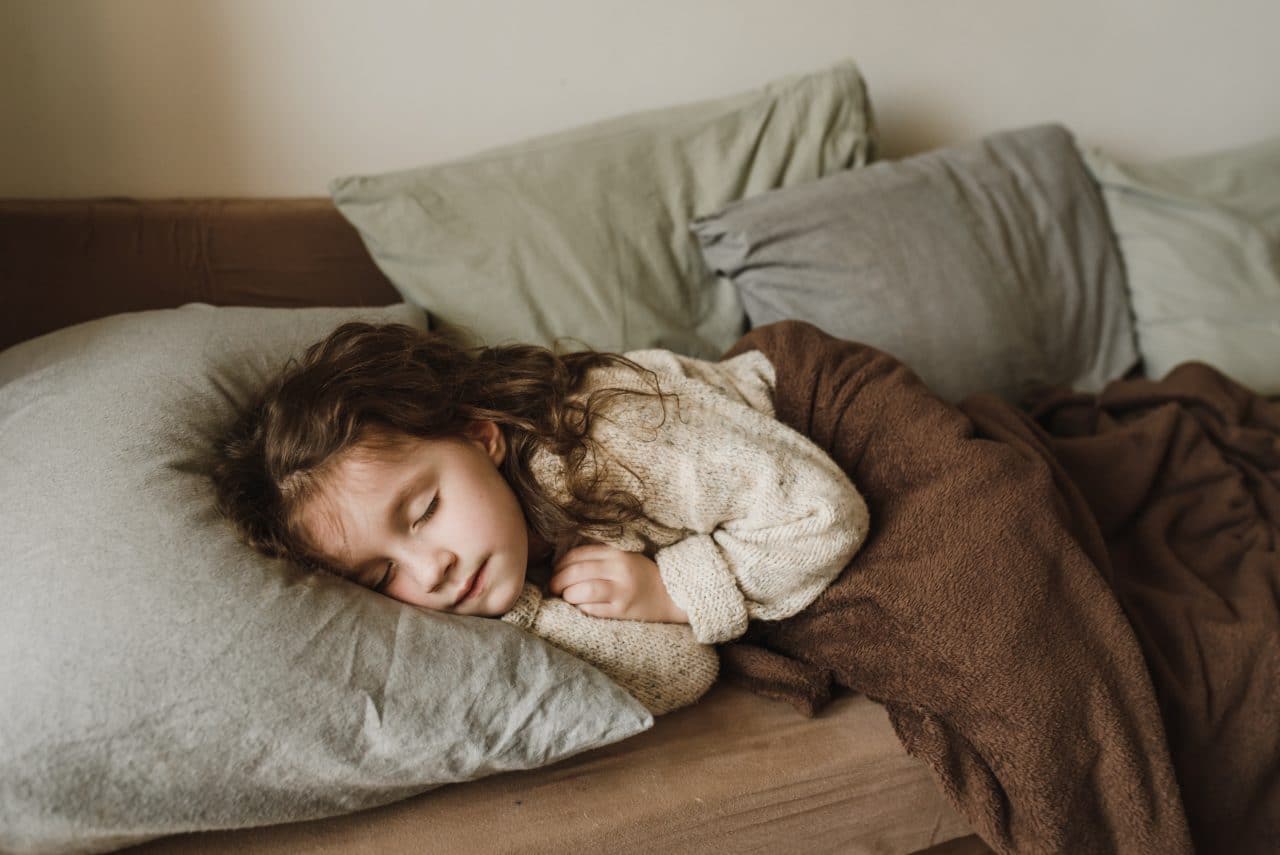If your child snores lightly or occasionally, it’s probably nothing to worry about. If, however, they snore heavily and seem tired or cranky during the day, even when doing something fun like visiting EdVenture Children’s Museum, it could indicate a more serious problem.
When Does Snoring Indicate a Problem?

One of the more serious causes of snoring in children is obstructive sleep apnea (OSA). This condition causes major sleep disturbances and affects the amount of oxygen your child gets during sleep. Children who have it wake up multiple times throughout the night because of pauses in breathing, though they may not be aware they are waking up.
Even though it is a serious condition, it might also be difficult for you to notice, as you probably aren’t regularly observing your child sleep.
In fact, daytime behaviors might be your first indication that your child’s snoring is interfering with their health. Signs to watch out for include:
- Snoring three or more nights per week
- Regularly acting irritable or cranky
- Having excessive daytime sleepiness
- Seems to daydream or “zone out” a lot while awake
- Has difficulty waking up in the morning, even if it seems like they should have gotten plenty of sleep
- Struggles to focus or pay attention in school
- Complains of morning headaches
What Causes Obstructive Sleep Apnea in Children?
While neuromuscular disorders and abnormalities in the skull or face can cause OSA in some children, the most common cause is enlarged tonsils and adenoids. Because of this an adenotonsillectomy, or surgically removing the tonsils and adenoids, is the most common treatment for children with OSA and other sleep-disordered breathing.
Is an Adenotonsillectomy Safe?
Studies have confirmed that most children with OSA can be treated successfully with adenotonsillectomy. However, some children are at risk for postoperative complications including bleeding, airway problems, infections or reactions to the anesthesia.
Your medical provider will evaluate your child on an individual basis to determine whether or not the procedure is a good treatment option. Depending on the severity of your child’s snoring, their age, and potential risk factors, they may decide that observation is the way to go and only perform surgery if symptoms worsen.
Additionally, some children require treatment with Continuous Positive Airway Pressure (CPAP) or additional surgical procedures to correct their OSA.
If you are concerned that your child’s snoring is affecting their quality of life, call Palmetto ENT & Allergy today to speak with a specialist or to schedule an appointment.
